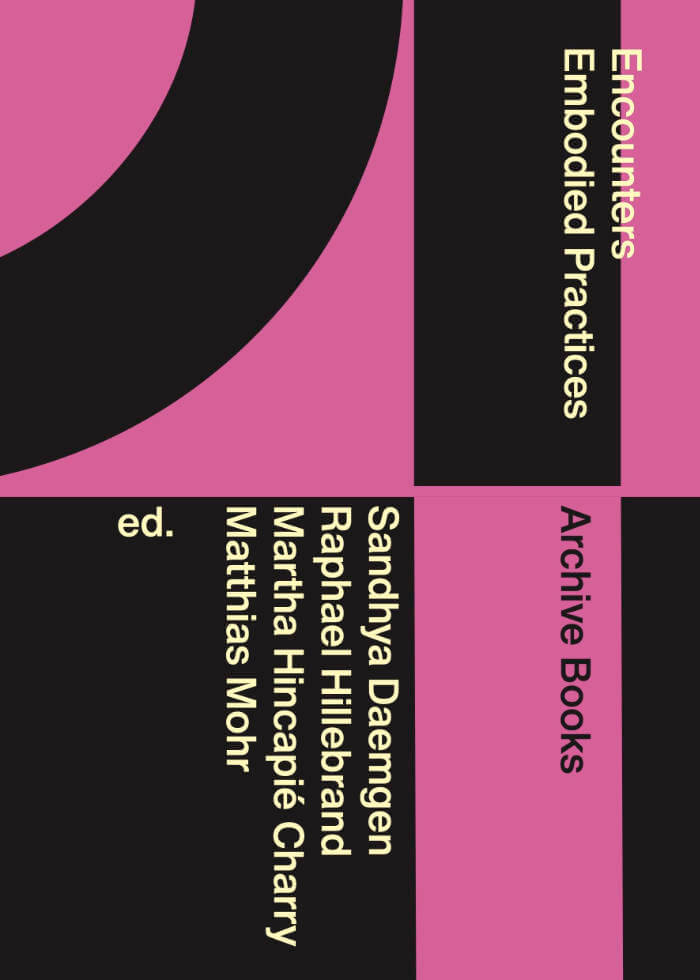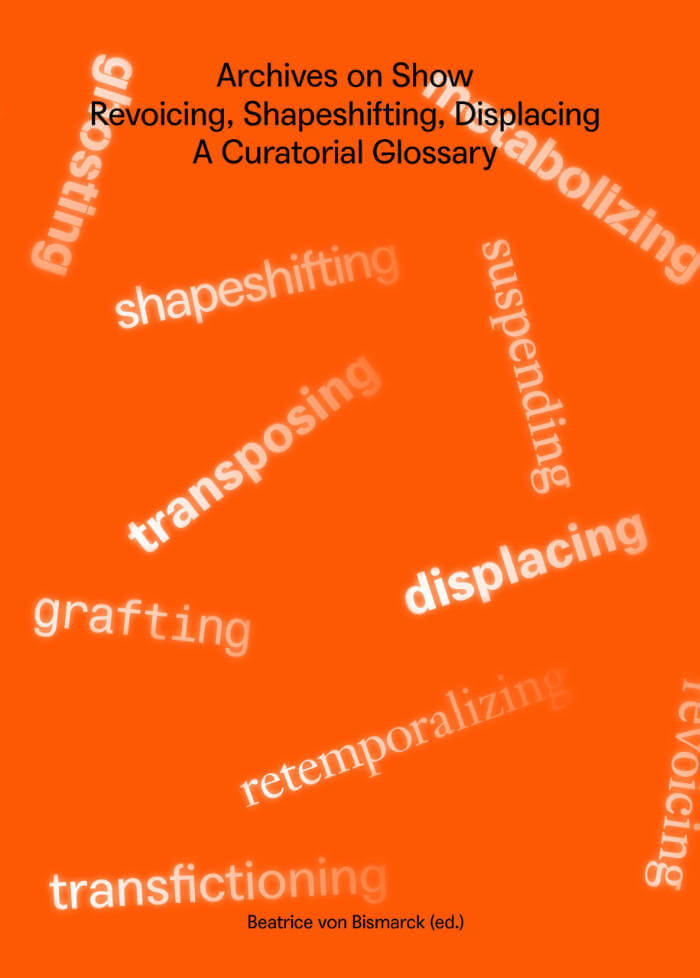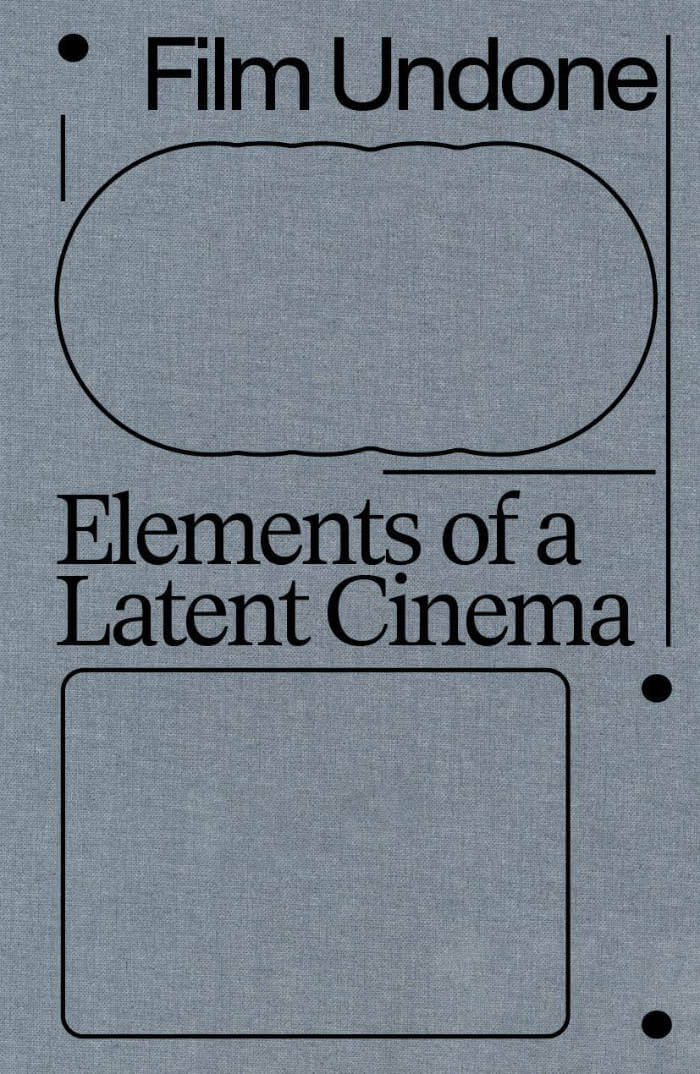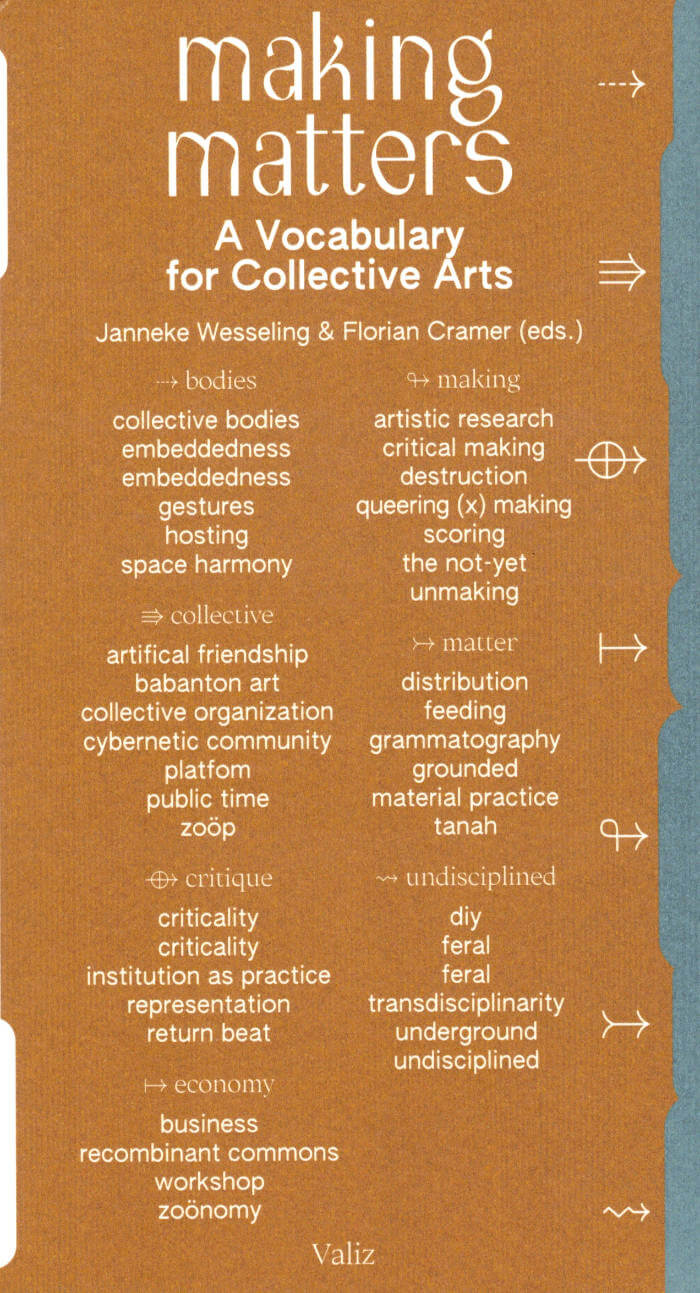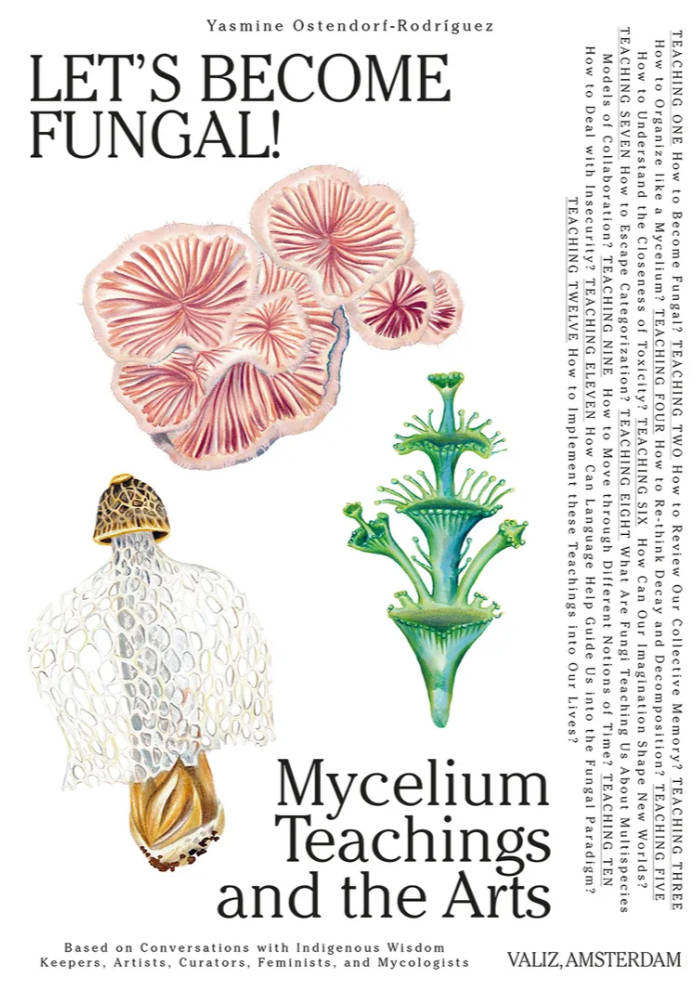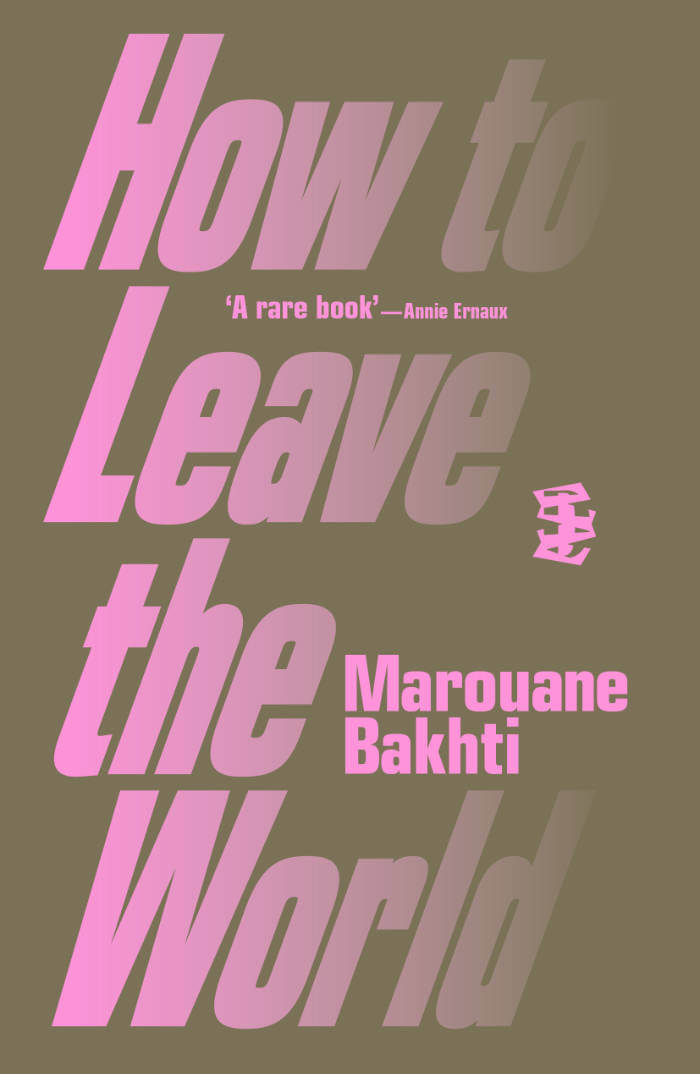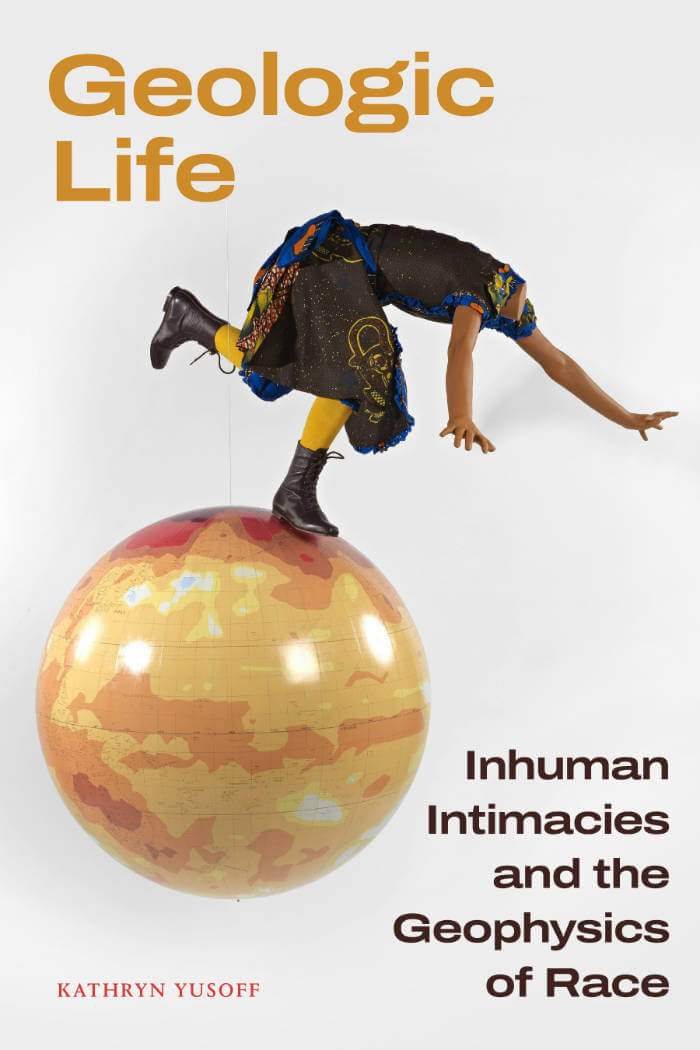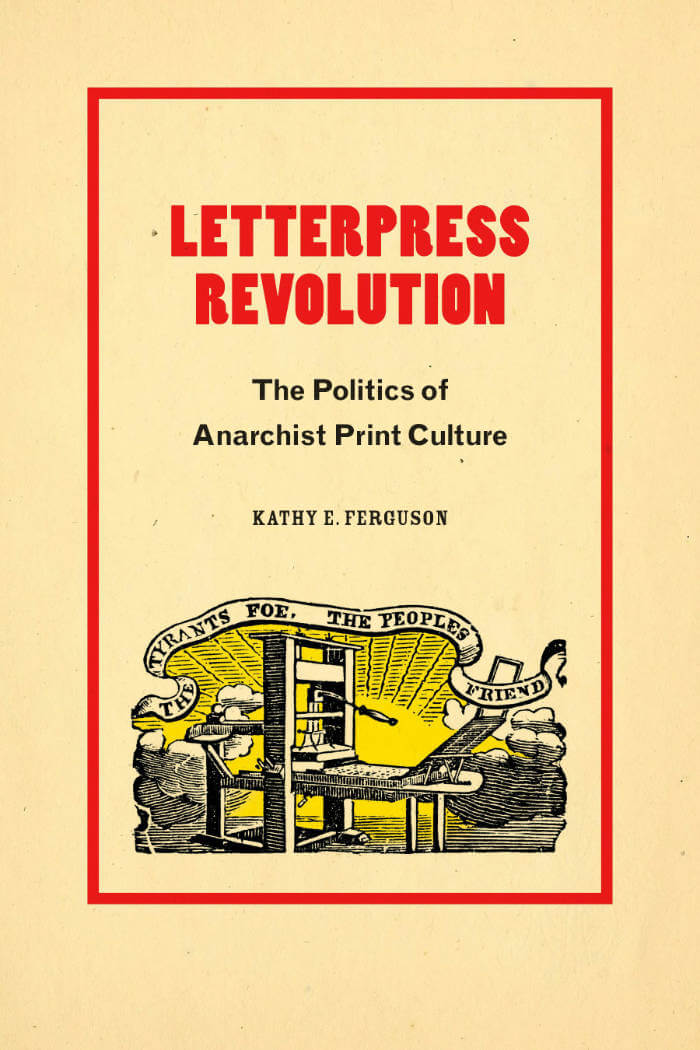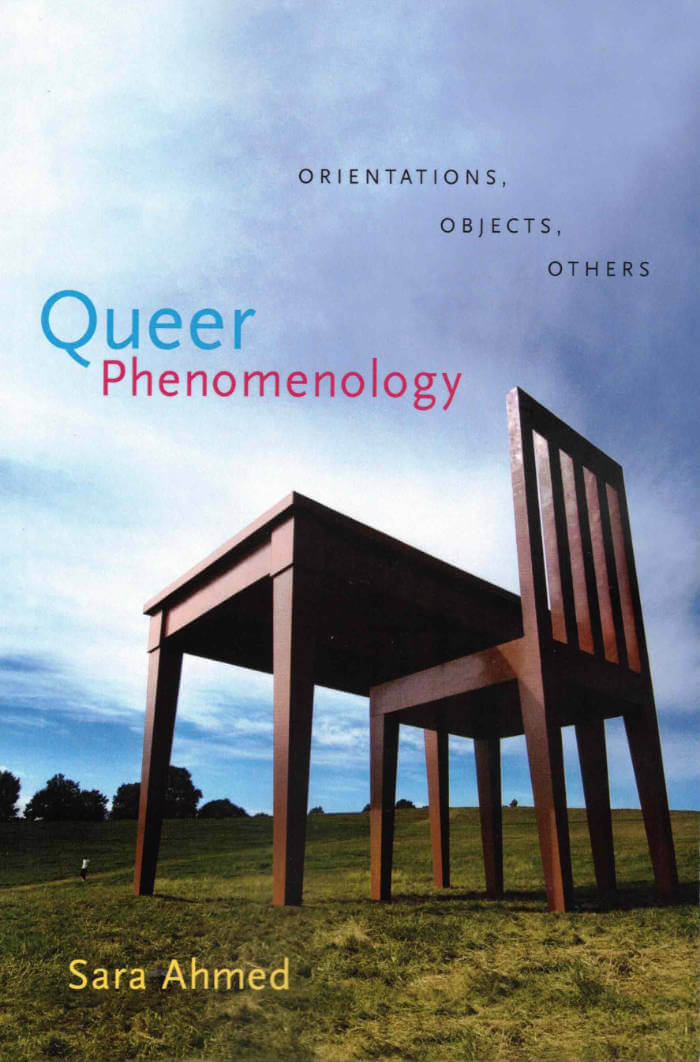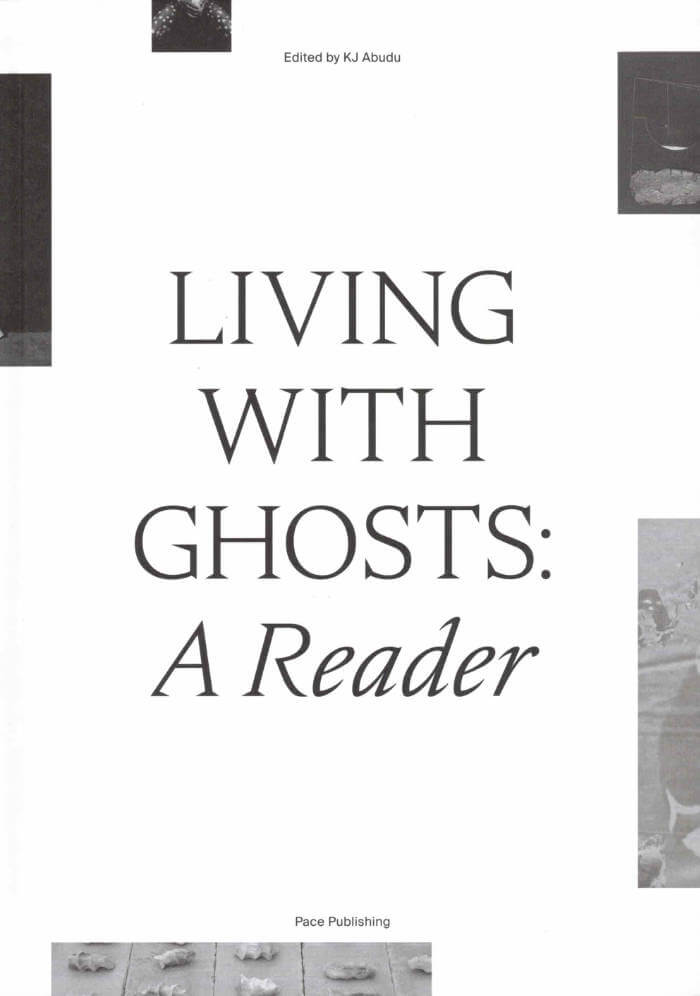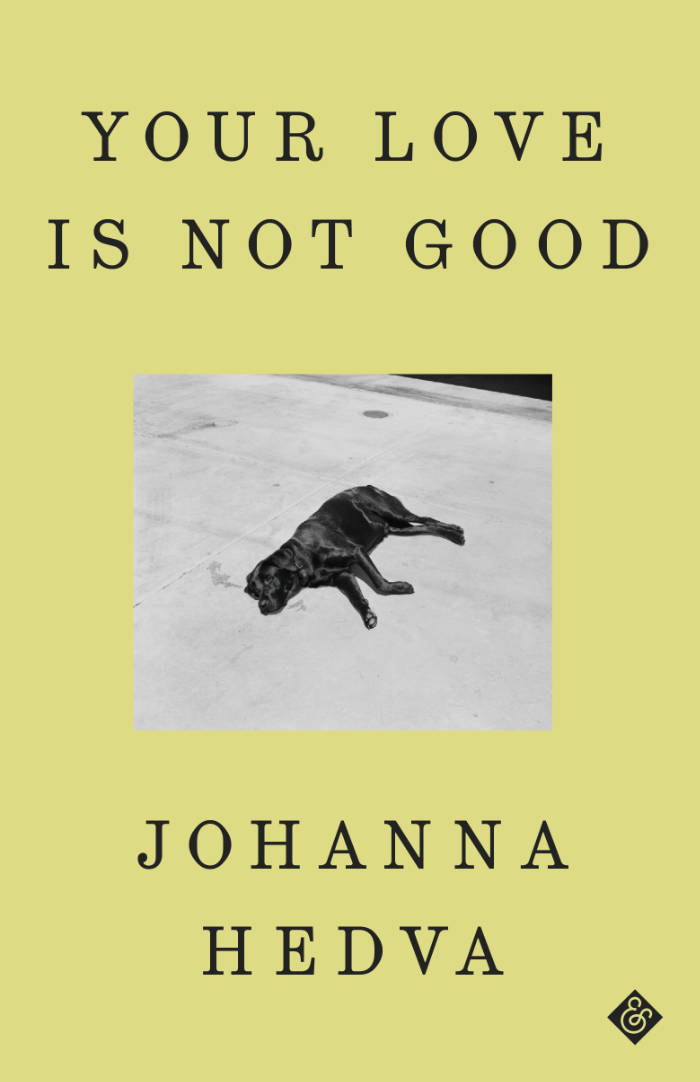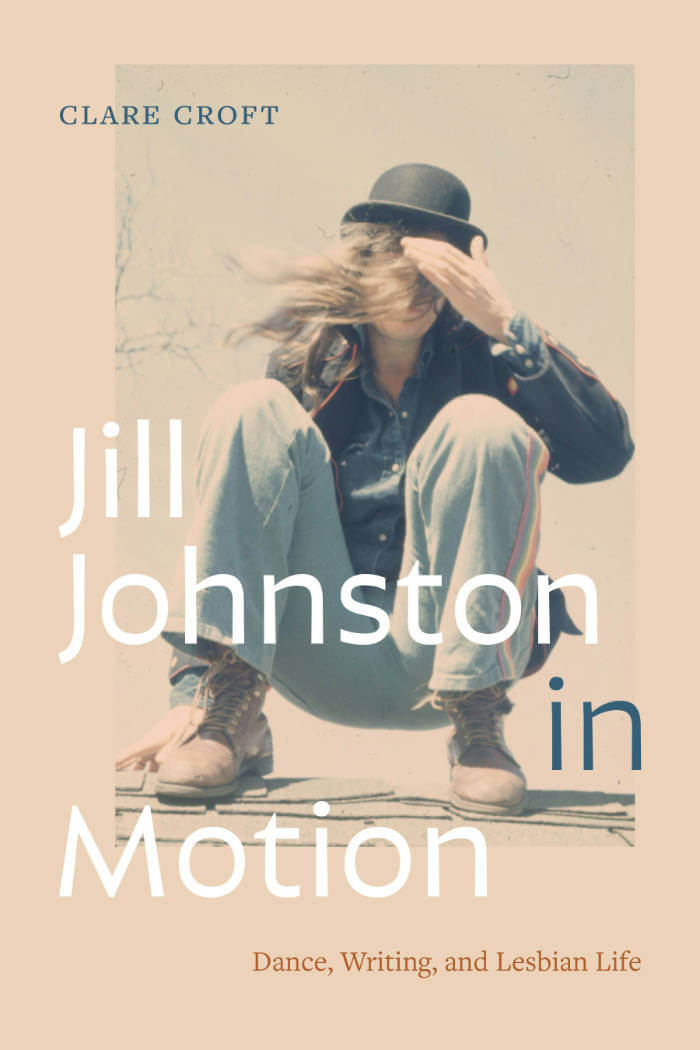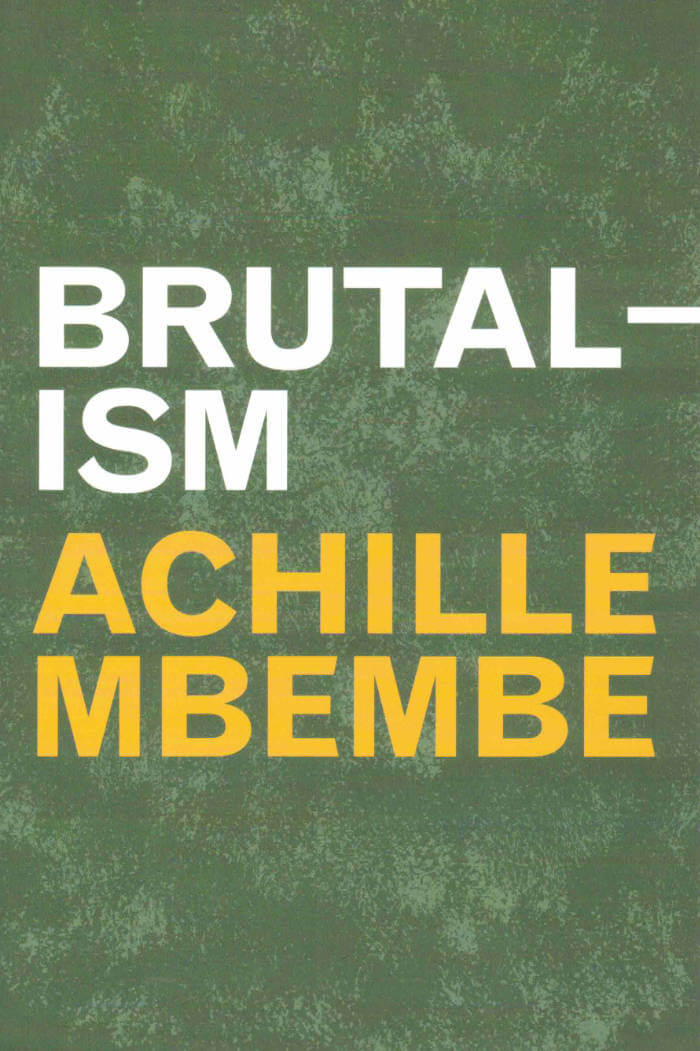There is a growing interest in fungi and mycelium as a material, the ever-branching connecting threads of the fungal world. The entanglements and how this rhizomatic network functions is not just a fascinating ecological system and material, but carries a profound usefulness as a metaphor for our potential new systems, ways of thinking and behaviors.
Let’s Become Fungal! takes its inspiration from the world of art and mycology and shares innovative practices from Latin America and the Caribbean that are rooted in multispecies collaboration, symbiosis, alliances, non-monetary resource exchange, decentralization, bottom-up methods and mutual dependency—all in line with the behavior of the mycelium.
Every chapter is phrased as a question. They do not lead to answers, but to twelve teachings addressing for instance collaboration, decoloniality, non-linearity, toxicity, mobilization, biomimicry, death, and being non-binary. Simultaneously it ventures deeper into the world of fungi. The teachings from the fungus may inspire artists, collectives, organizations, educators, policy-makers, designers, scientists, anthropologists, change-makers, curators, urbanists, activists, gardeners, community-leaders, farmers, and many others, to become more fungal in their ways of working and being.
Inspired by conversations with: Francisca Álvarez Sánchez, Carolina Caycedo, Annalee Davis, Maya Errázuriz, Juan Ferrer, Lilian Fraiji, Giuliana Furci, Sofía Gallisá Muriente, Yina Jiménez Suriel, Patricia Kaishian, Mirla Klijn and Olaf Boswijk, Lola Malavasi and Daniela Morales Lisac, Martina Manterola and Carmen Serra, Camila Marambio, Mariana Martínez Balvanera, Claudia Martínez Garay, Lina Meija and Luciana Fleischman, Tomaz Morgado Françozo and Marília Carneiro Brandão, Marion Neumann, Maria Alice Neves, Tara Rodríguez Besosa, Raquel Rosenberg, Juli Simon, Ela Spalding, Gianine Tabja, Gabriela Flores del Pozo and Lucia Monge, Fer Walüng, Tatyana Zambrano.


